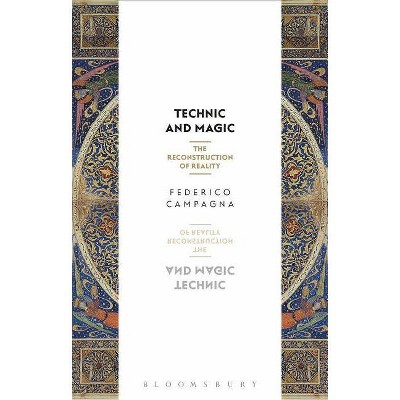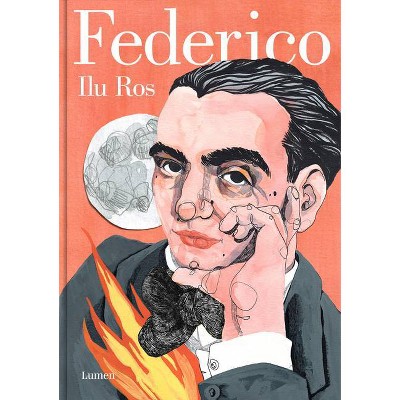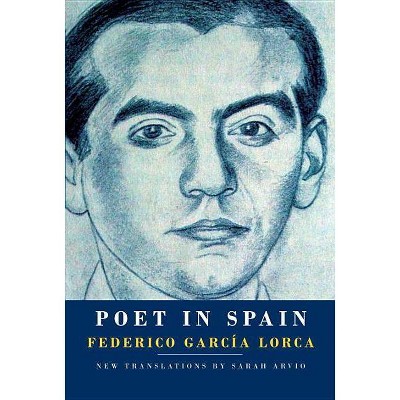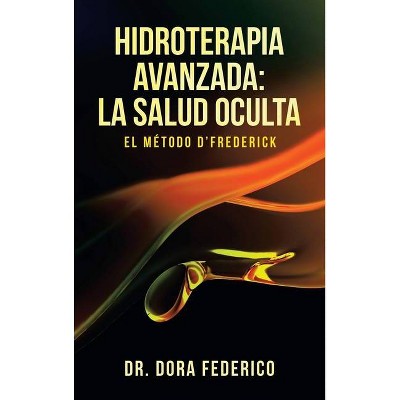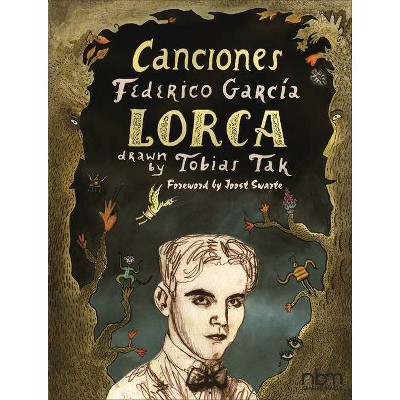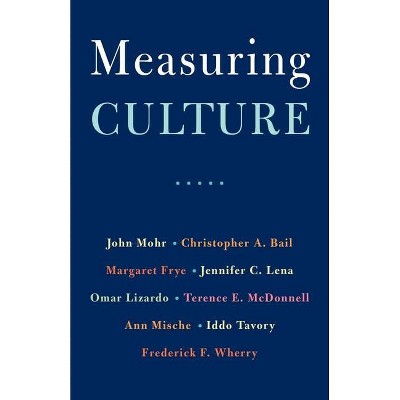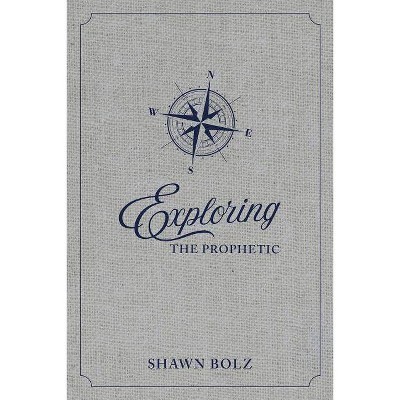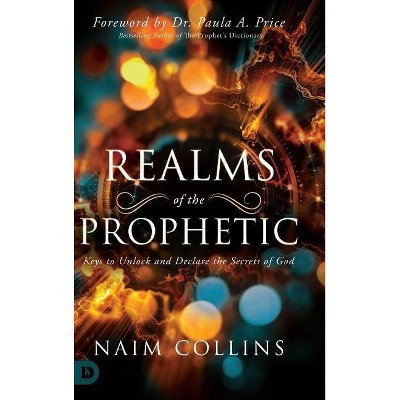Prophetic Culture - by Federico Campagna (Hardcover)
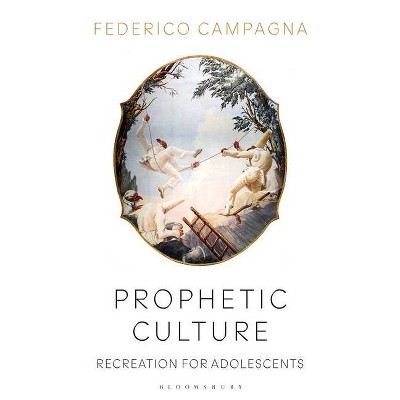
Similar Products
Products of same category from the store
AllProduct info
<p/><br></br><p><b> About the Book </b></p></br></br>Explores what kind of culture would emerge if we embraced an alternative understanding of reality and put key ontological concepts at the heart of our existence.<p/><br></br><p><b> Book Synopsis </b></p></br></br>'Time' and 'world' are such familiar concepts that we rarely take their fragility into account. The rhythm of time and the feeling of the presence of a world provide us with a metaphysical landscape where we might be able to live - a place where reality makes enough sense to be existentially navigable. Several different worlds have emerged throughout history, each with its own range of what seemed possible and reasonable to do, to think and to imagine. Each of them has survived only as long as there have been voices singing out their metaphysical rhythm, and it has vanished together with the silencing of their world-song, leaving behind only ruins.<br/><br/>At times, culture has to operate in a world that is about to exhaust its historical arc, speeding towards a horizon turned into a wall. What can a world say, when its only audience belongs to a time that will come after the end of the future? How can a world think about the cultural heritage of its own ruins?<br/><br/>Throughout history, a tradition has been able to speak across time-segments. Its grotesque style of culture has carried forward a multi-dimensional cosmology, nestled within every speck of reality. A constant insurrection against the rule of mortality, which severs the solidarity between worlds, prophetic culture is a vessel sailing eternally over the boundaries between worlds. Perhaps, it might be possible also for us, today, to speak through its voice to those 'adolescents' who will inhabit a new world and a new time, somewhere beyond the approaching wall of the future.<p/><br></br><p><b> Review Quotes </b></p></br></br><br>Federico Campagna's <i>Prophetic Culture</i> is a brilliant meditation on the planetary debacle of Westernized Modernity and a radical evocation of the spiritual and imaginative realities that may just possibly lie beyond the ruins of our future. A lucid and urgent work.<br/>Jonathan Crary, Meyer Schapiro Professor of Modern Art and Theory, Columbia University, USA<br><br>It sets a new tone - but this tone is immediately recognizable as belonging to our time.<br/>Boris Groys, Professor of Russian and Slavic Studies, New York University, USA<br><br>It's not enough to realize that the world is ending; we need to learn how to dream up new ones. Federico Campagna's <i>Prophetic Culture-</i>a worthy successor to his <i>Technic and Magic-</i>offers an eloquent, evocative and visionary map for drafting the cosmos to come.<br/>John Tresch, Mellon Professor in History of Art, Science, and Folk Practice, The Warburg Institute, UK<br><p/><br></br><p><b> About the Author </b></p></br></br>Federico Campagna is an Italian philosopher based in London, UK. He is the author of <i>Technic and Magic: the reconstruction of reality</i> (2018) and <i>The Last Night: anti-work, atheism, adventure</i> (2013). He works as a lecturer at the Royal Academy of Art (KABK) in the Hague, the Netherlands.
Price History
Price Archive shows prices from various stores, lets you see history and find the cheapest. There is no actual sale on the website. For all support, inquiry and suggestion messages communication@pricearchive.us
